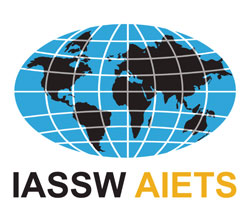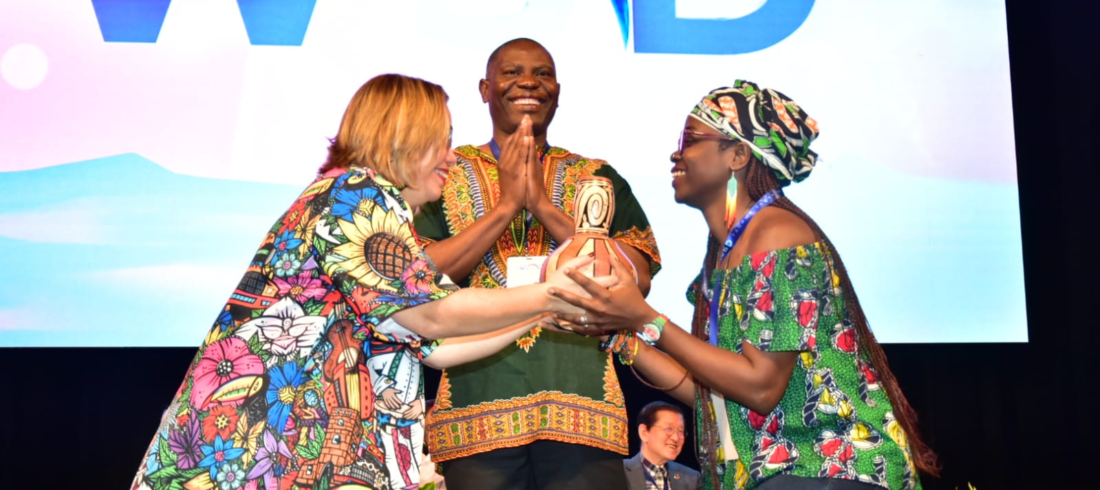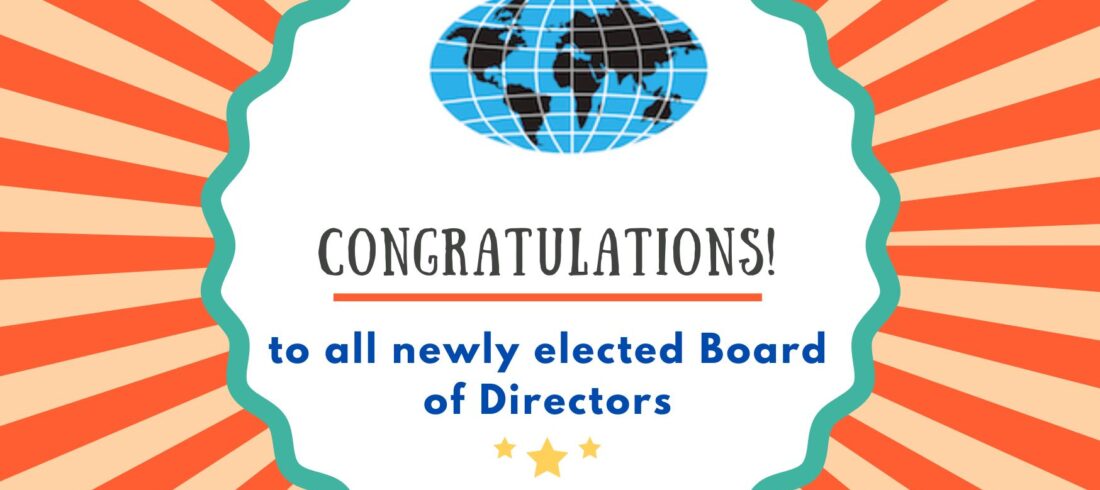KZN floods: Climate change and the infra-politics of power
It is heart-breaking, 395 dead and human suffering that cannot be quantified.
The horrific flooding, and its disastrous consequences that we have witnessed in KwaZulu Natal is no freak of nature. The Intergovernmental Panel on Climate Change in 2022 concluded, what has been known for decades that, beyond doubt, there is the human contribution to global warming and climate change. Across the globe, we see the effects – cyclones, hurricanes, tornadoes, droughts, floods, fires, mudslides and earthquakes. A 2020 United Nations Development Program report draws the links between social and planetary imbalances, concluding that, “Humans have achieved incredible things, but we have taken the Earth to the brink. Climate change, rupturing inequalities, record numbers of people forced from their homes by conflict and crisis – these are the results of societies that value what they measure instead of measuring what they value.”
We are, indeed, experiencing a crisis of values. Neoliberal capitalism, that puts profit and greed above people and planet, has become so normalized and naturalized that we do not question it. So entrenched is neoliberal capitalism that South African climate activist, Kumi Naidoo, said that it might be easier for people to conceive of the end of the world than the end of capitalism. It is the over-consumptive world, fueled largely by media advertising, that slowly and insidiously gets people to define their worth by their purchasing choices and purchasing power, so we all become complicit in the destruction of the planet.
Neoliberalism, with its overarching emphasis on individualism and self-reliance, precludes consideration of structural constraints on people’s lives. It constitutes a key ideological barrier to South Africa considering a basic income grant, which will help minimize poverty. Under conditions of extreme poverty and inequality it is easy to manipulate identities, which lay fertile grounds for rioting, violent protests and xenophobia. With fuel and food prices increasing with Russia’s invasion of Ukraine, things are bound to get worse.
Given its colonial and apartheid legacy, and regrettable post-apartheid neoliberal capitalist choices, combined with rampant corruption and self-serving politicians, South Africa is in the unenviable position of being one of the most unequal countries in the world. The fissures of the social fault-lines based on race, class, gender and nationality run exceptionally deep. While the floods in KZN show the vulnerability of all of humanity, it is the poor who bear the worse brunt, particularly those in informal settlements. But the fates of the poor and the rich are inter-twined in many ways. The encroachment of informal settlements into natural habitats de-stabilizes the eco-system with the destruction of flora and fauna and life under water. With the majority of informal settlements and traditional rural households lacking sanitation, effluents degrade the quality of water, which the flooding is worsening.
In a 2016 report, the World Bank highlighted that the eThekwini Municipality has institutional capacity and has been a leader in conservation planning in Africa with the inventory of greenhouse gas emissions to baseline climate change mitigation strategies, and resiliency planning for climate change adaptation. However, environmental objectives are severely compromised by failure to implement and to enforce regulations. Agreements between environmental activists and government fall through and the interests of big business prevail. As is the pattern across the globe, those who contribute least to carbon emissions, suffer the most.
The World Bank concluded that the Municipality’s Integrated Development Plan is the product of very little cross-sectoral dialogue and coordination, with a scathing indictment that the plan is integrated in name only. The gaps limit the ability of any sector or the municipality as a whole to pursue more environmentally sustainable development plans and policies.
Projections show a 1.5 to 2.5° C increase in mean annual temperature by 2065 and a 3 to 5° C increase in mean annual temperature by 2100, and that the future sea level in eThekwini is expected to rise at a rate of 2.5 cm per decade, which if not taken seriously is only going to increase the frequency and intensity of environmental disasters.
For some, witnessing the human suffering engendered by this environmental disaster in KZN is converting their anger and despair into what is now termed eco-grief – a deep sense of mourning for loss of Earth. We visited some of the sites where people died in collapsed homes. I spoke to a grandmother who lost her seven and nine year old grandsons whose parents are in hospital. Watching the family trying to salvage what they can from the wreckage was heart-breaking. The house was completely flattened, but they were looking for memories. They found cards and notes from the boys. Although soiled it means so much to them. For others, unfortunately, the deaths, destruction and losses are yet another opportunity for party political engineering and promotion of self-interests.
It is time to fully acknowledge the infra-politics of power at global, regional, national and local levels within which environmental crises occur, listen to the incontrovertible scientific evidence, and respond to the desperate calls of environmentalists to save people and planet.
Dr Vishanthie Sewpaul
Emeritus Professor, UKZN
Professor II, University of Stavanger, Norway.






